On-site import and export procedures have been implemented in Vietnam for many years; this is a regulation that businesses believe is time-consuming and causes unnecessary costs. In addition, compared to other countries in the world, the issues arising in on-site import and export of goods have also become outdated.
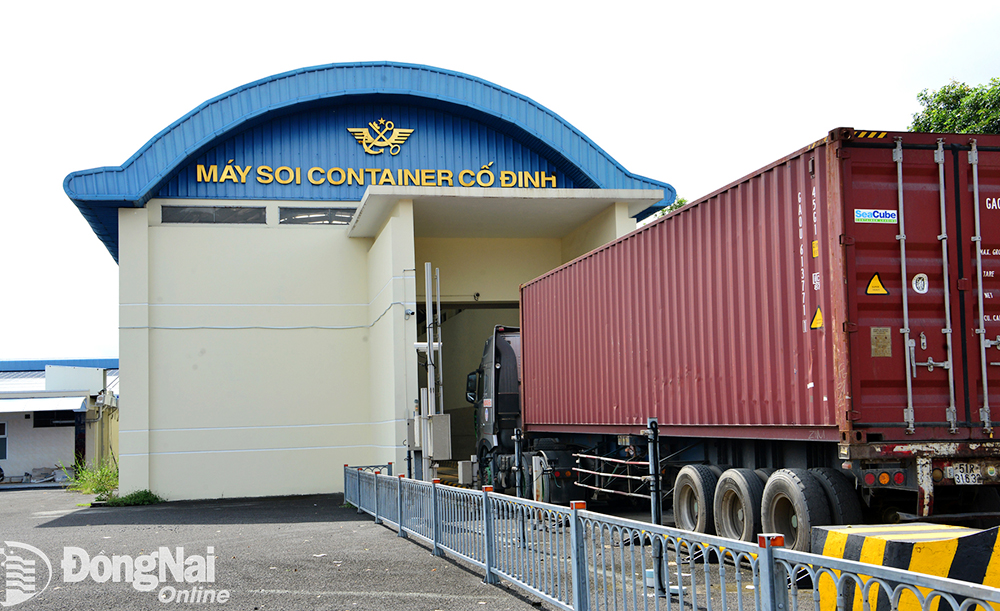 |
| Enterprises carry out customs procedures at ICD Tan Cang Long Binh (Bien Hoa City). Photo: V.Gia |
Currently, the Ministry of Finance is seeking opinions from agencies and the business community on drafting a circular to abolish all regulations on on-site import and export according to Article 35 of Decree No. 08/2015/ND-CP.
* Waste of time for business
Clause 1, Article 35 of Decree No. 08/2015/ND-CP stipulates that there are 3 groups of goods exported and imported on the spot, including: Goods ordered for processing in Vietnam and ordered by foreign organizations and individuals for processing and sale to organizations and individuals in Vietnam. Goods bought and sold between domestic enterprises and export processing enterprises, enterprises in non-tariff zones. Goods bought and sold between Vietnamese enterprises and foreign organizations and individuals not present in Vietnam and designated by foreign traders to deliver and receive goods with other enterprises in Vietnam.
In fact, on-site import-export activities have been taking place since 1998. Subsequent documents have been amended and supplemented on the basis of inheritance and completion to ensure conformity with commercial practices and facilitate the trading of goods.
Also according to Mr. TRAN NGOC LIEM, Director of VCCI Ho Chi Minh City, on June 22, VCCI Ho Chi Minh City launched the Member Council of VCCI Dong Nai. Through the activities of VCCI in general and its members in particular, there will be stronger recommendations and contributions to agencies, departments and branches to continue to facilitate businesses. |
However, according to experts and enterprises, through consulting international experience, in essence, on-site import-export activities stipulated in Decree 08 cannot be called import-export activities because there is no movement of goods across borders or customs management areas, but is purely domestic transactions with the participation of foreign traders as intermediaries (carrying out distribution and trading activities of goods domestically).
Vice President of Dong Nai Import-Export Association Nguyen Duy Hung commented that over time, the State has had more and more policies to simplify administrative procedures for enterprises. However, for the manufacturing sector, on-site import-export procedures are still maintained. According to Mr. Hung, up to now, this procedure is almost only applied in Vietnam in the world. Statistics show that there are up to 1.8 million on-site import-export declarations annually for enterprises producing processed goods, exporting and even domestically. This does not show that it is actually import-export, because only when goods are brought across the border do import-export procedures actually take place.
“Import-export procedures for domestic enterprises, sales to export processing zones or even small, low-value shipments still have to carry out import-export procedures, causing customs officials as well as enterprises to spend more time and money. We believe that administrative reform and creating favorable conditions for enterprises have contributed to helping enterprises develop better, shortening the time to complete procedures is very necessary” - Mr. Hung shared.
* Amend regulations to create more favorable conditions for businesses
Due to the shortcomings of the past time, the Ministry of Finance is submitting to the Government for promulgation a Decree amending and supplementing a number of articles of Decree No. 08/2015/ND-CP detailing and implementing measures for the Customs Law on customs procedures, inspection, supervision and control. Among the issues of concern in this draft is the proposal to abolish regulations on on-site import and export.
Recently, on June 12, the General Department of Customs also held a workshop to collect opinions from agencies, departments, and enterprises on this issue. According to the leaders of the General Department of Customs, on-site import and export has not really unified the legal system on trade and foreign trade with the legal system on export and import taxes. Therefore, to ensure State management and convenience for enterprises, it is necessary to amend. However, if we change or adjust regulations that have existed for a long time, it will certainly affect State management of customs, as well as production and business activities of enterprises, creating problems between taxes and procedures that need to be resolved.
Meanwhile, according to Mr. Tran Ngoc Liem, Director of the Vietnam Federation of Commerce and Industry (VCCI) Ho Chi Minh City Branch (VCCI Ho Chi Minh City), the issue of facilitating businesses is always implemented by VCCI in coordination with related sectors. In particular, the focus is on giving opinions on law making and improving the business environment, which has brought great impacts on the development of policies and laws, especially policies that have a direct impact on the business community. It is very necessary to consider eliminating unnecessary procedures for businesses such as on-site import and export.
Van Gia
.
Source link





























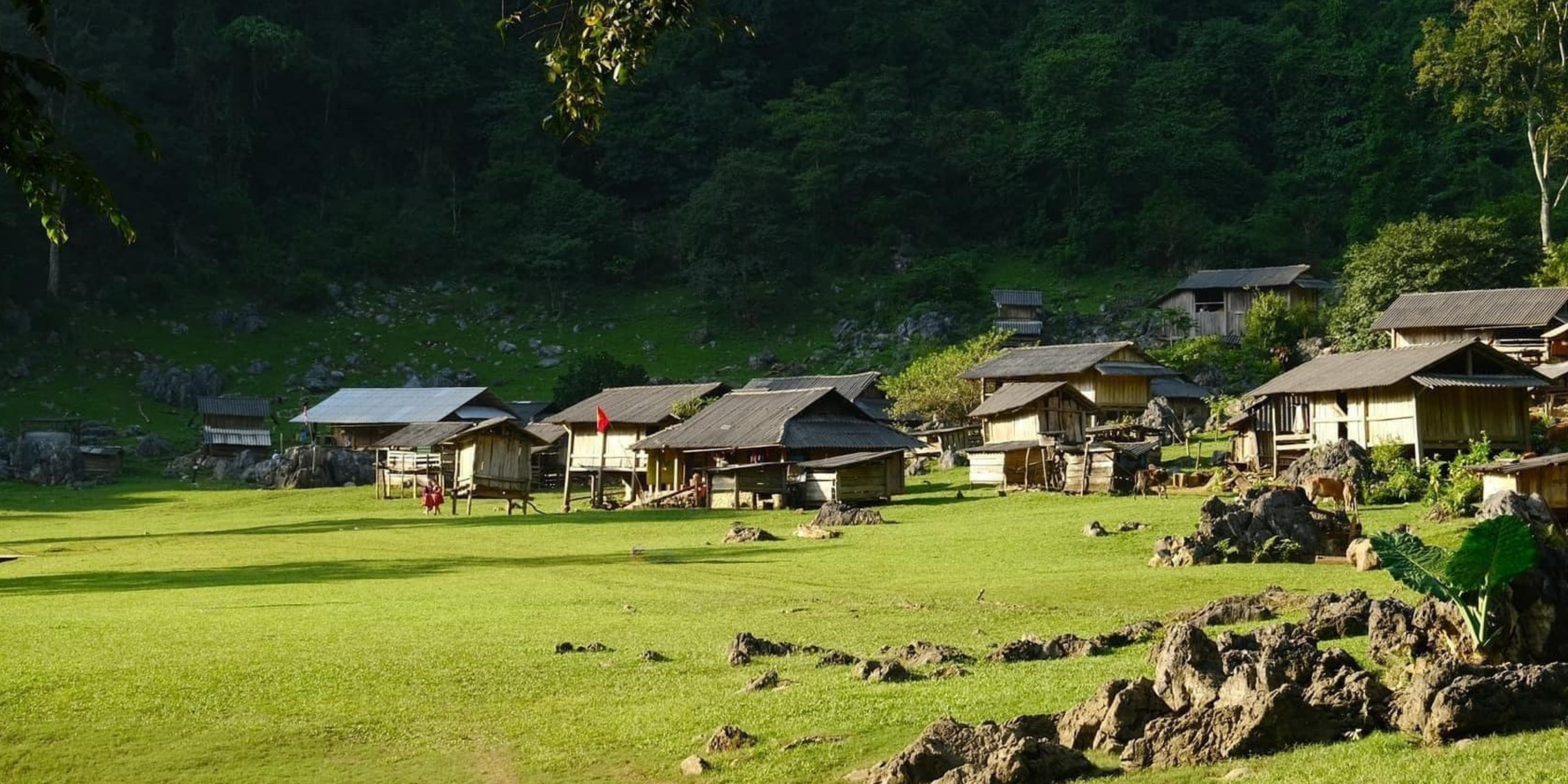


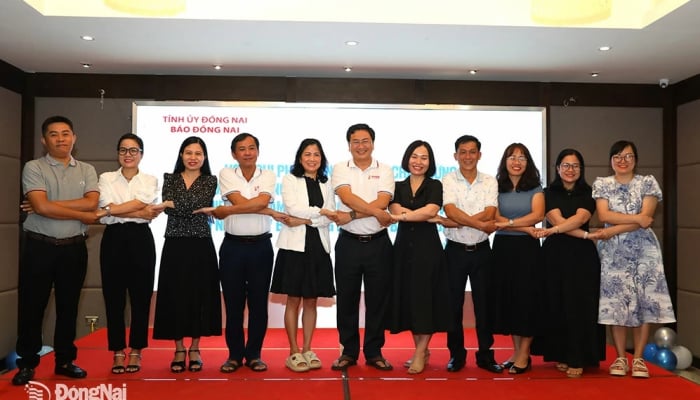
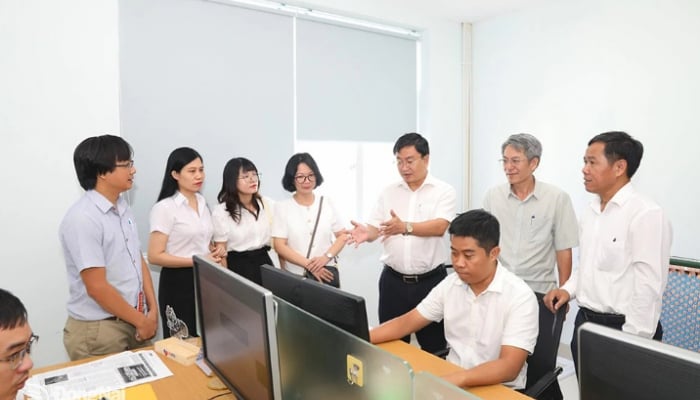
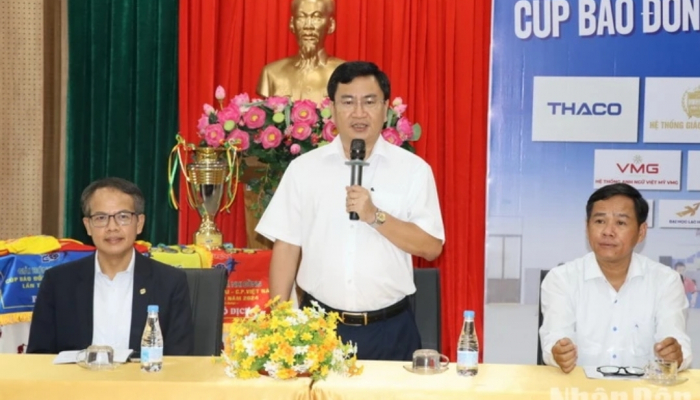
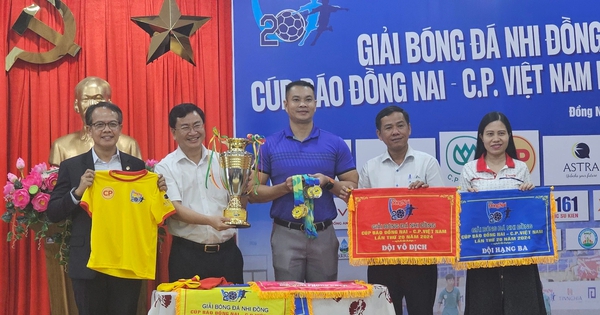

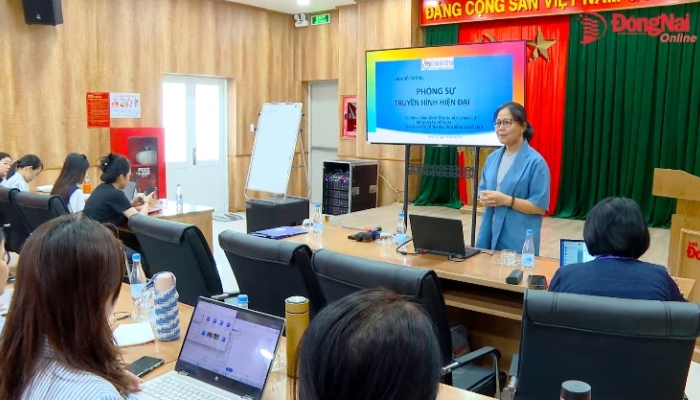
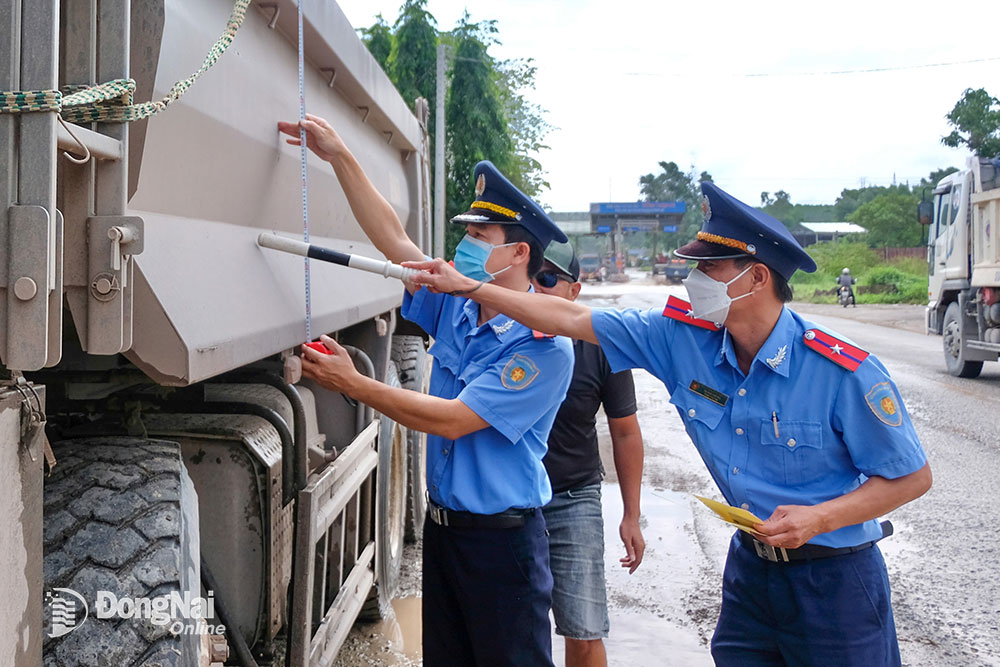
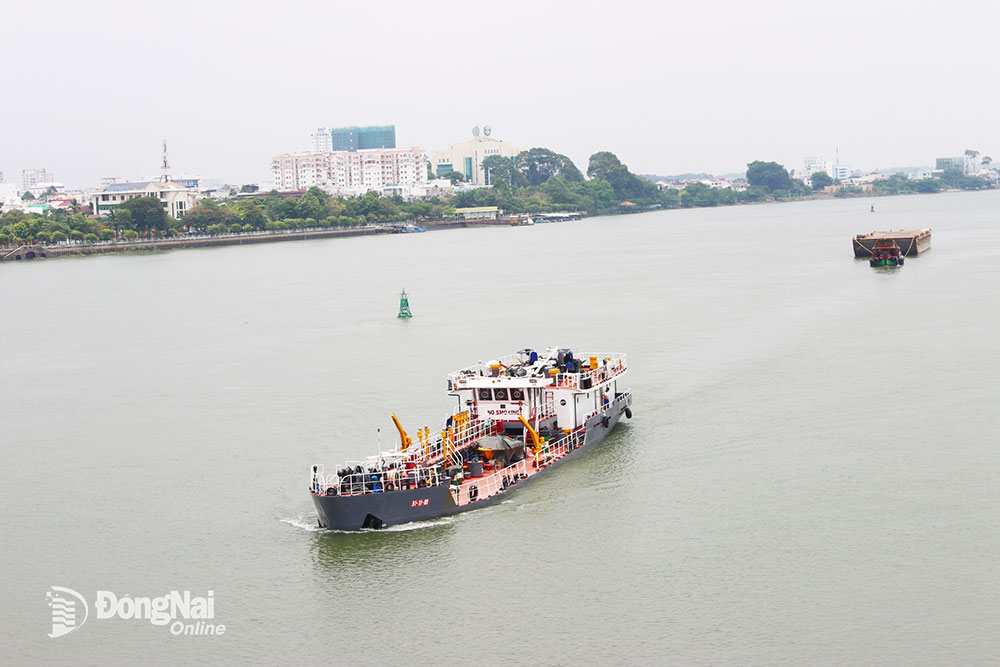
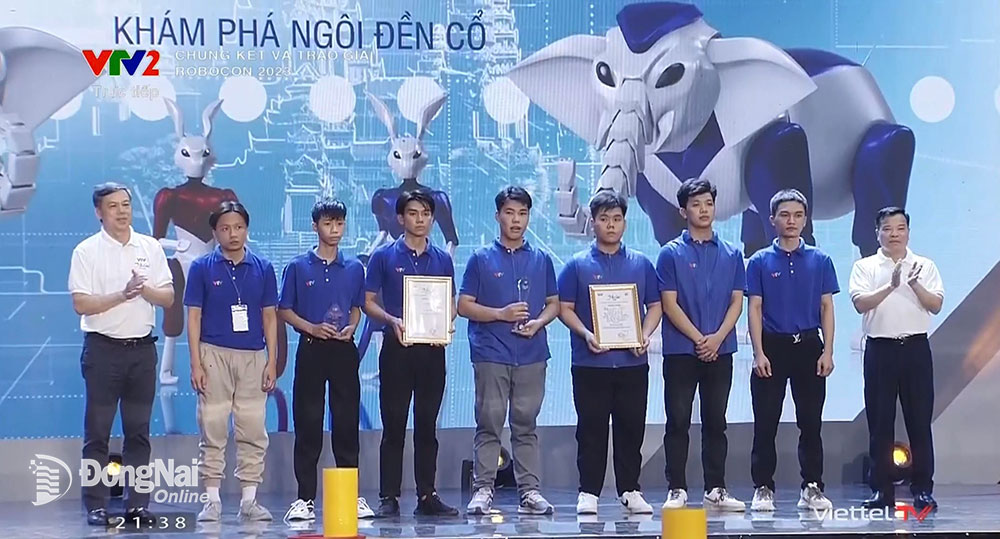
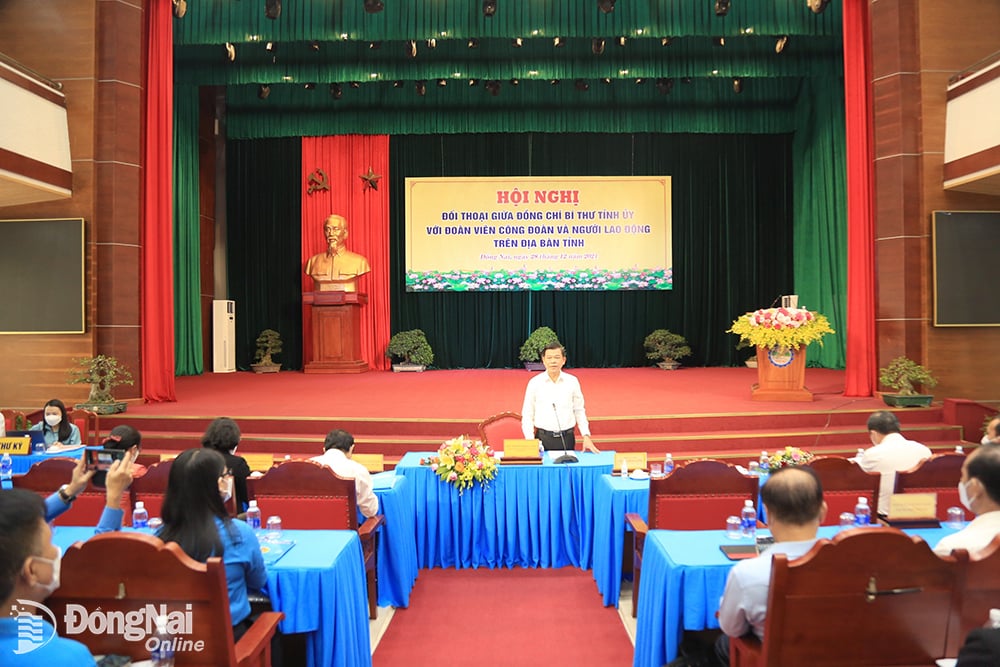
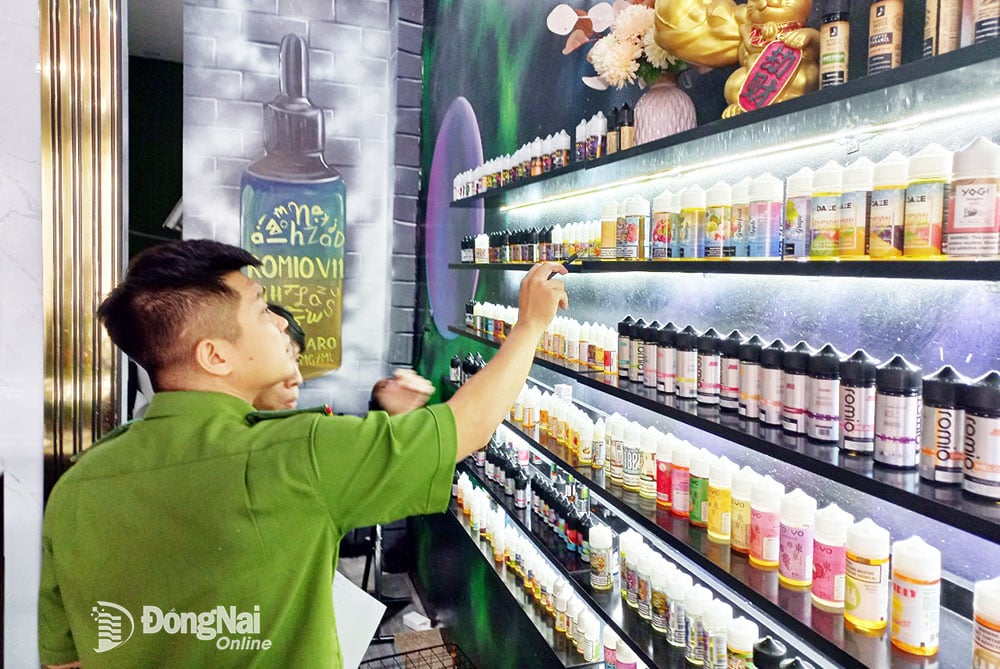
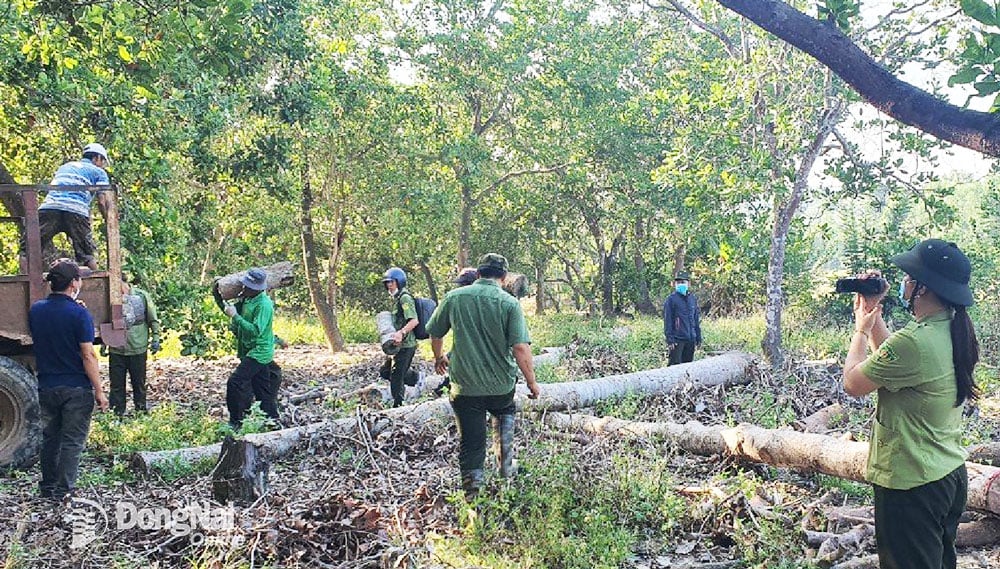

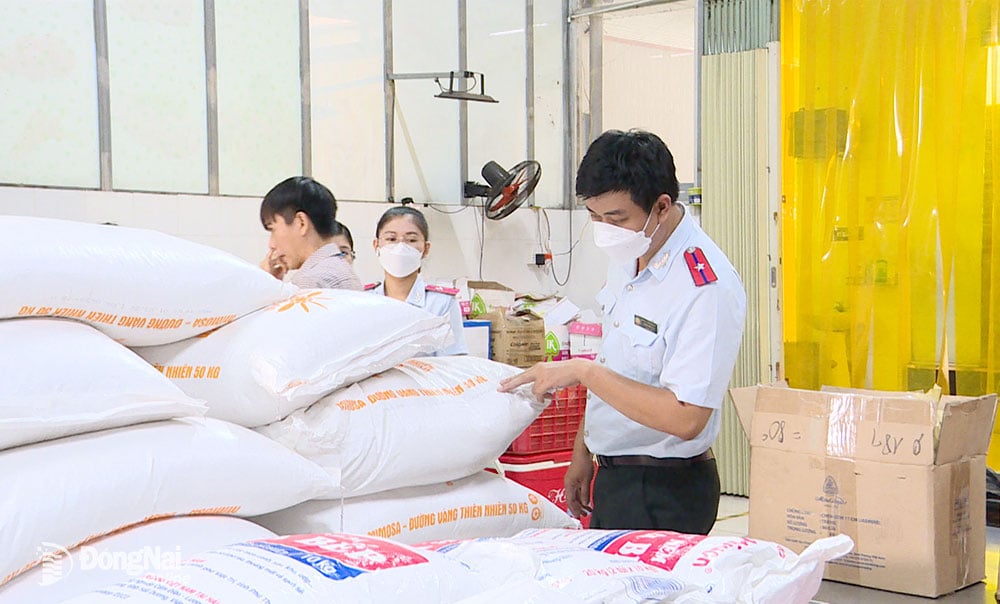













Comment (0)